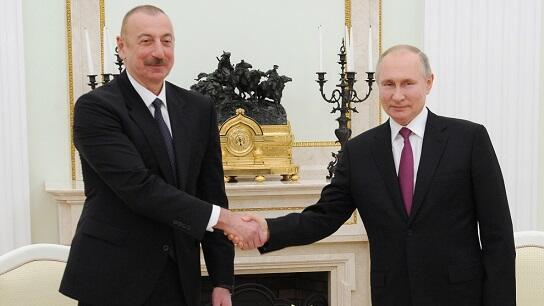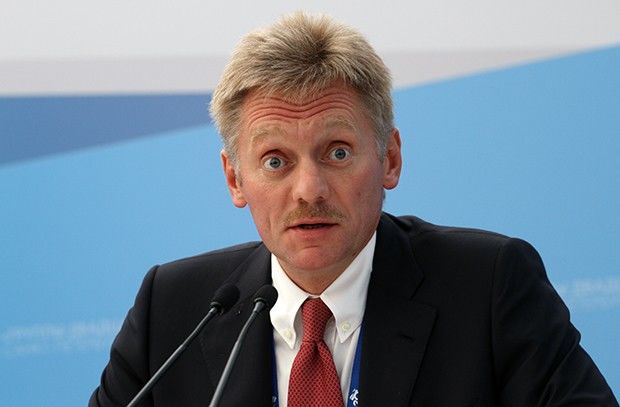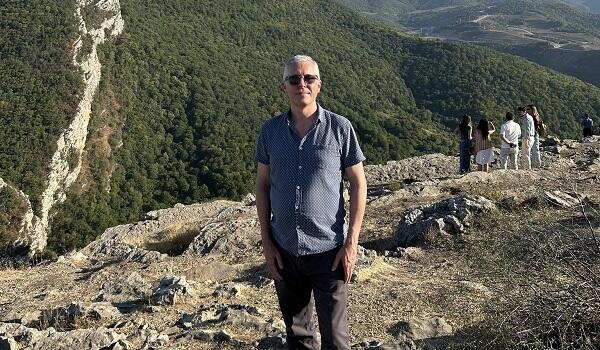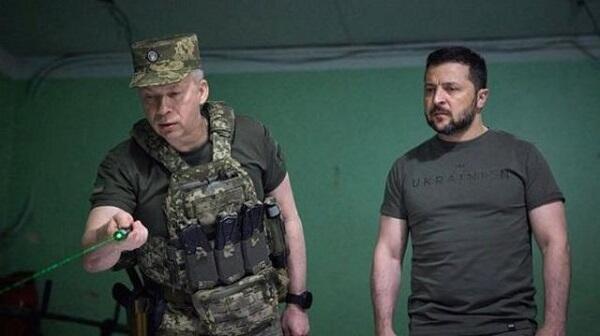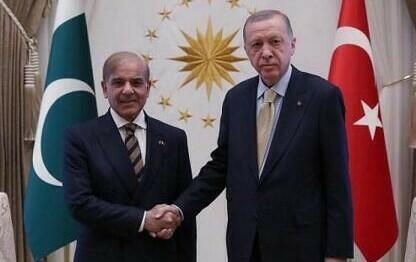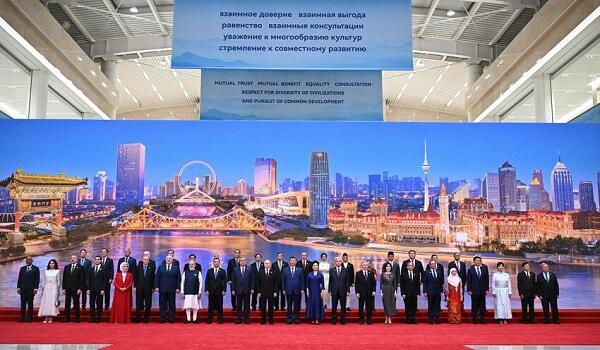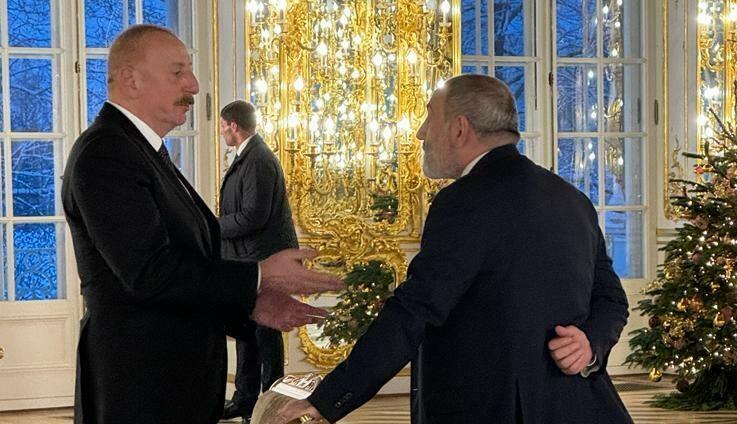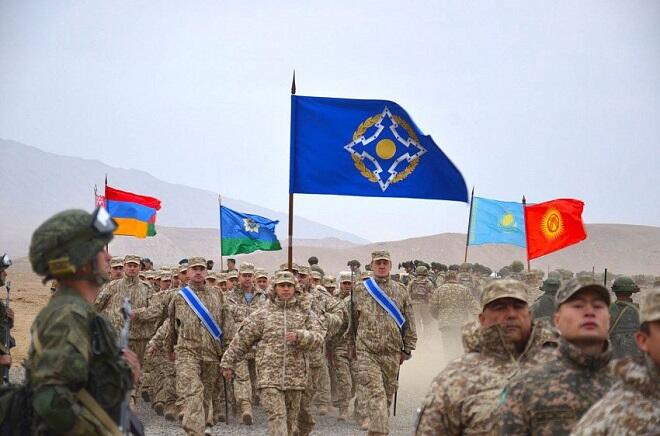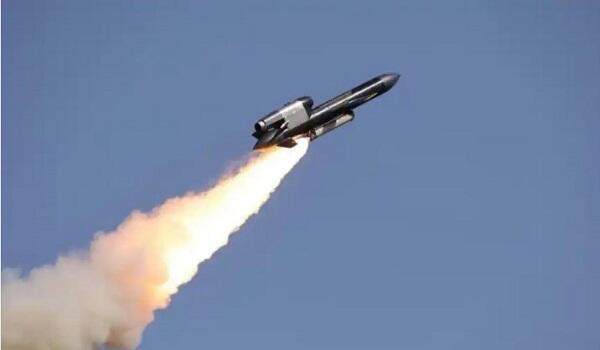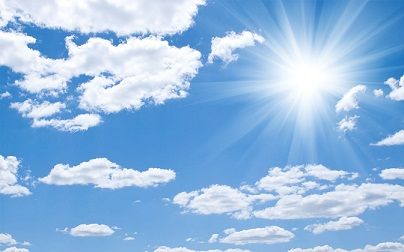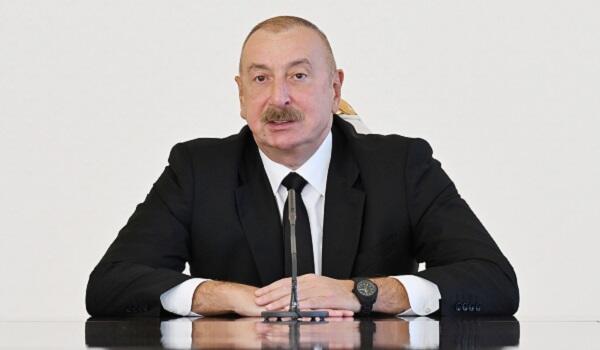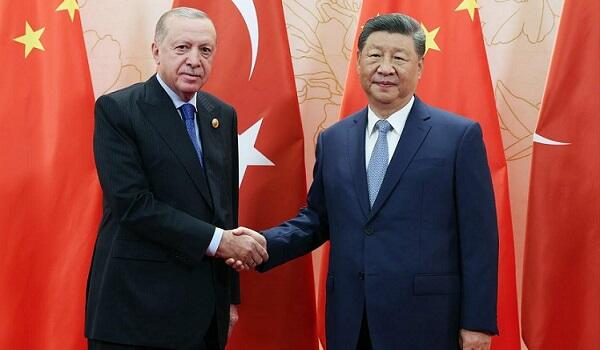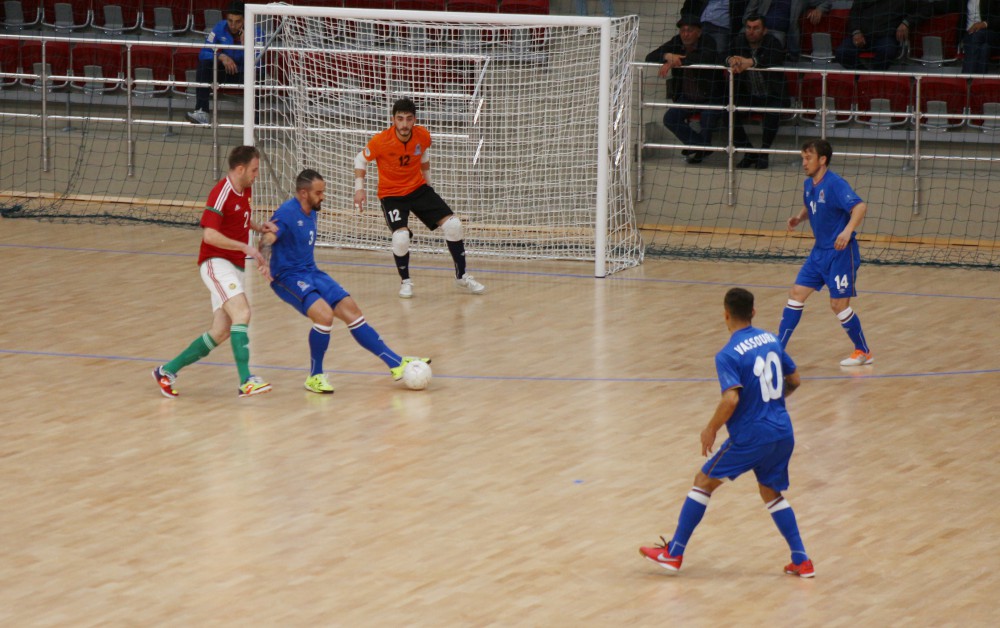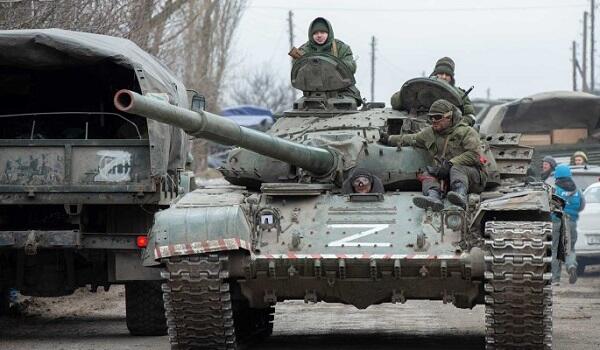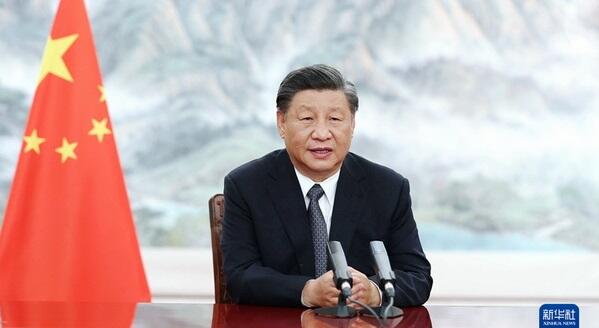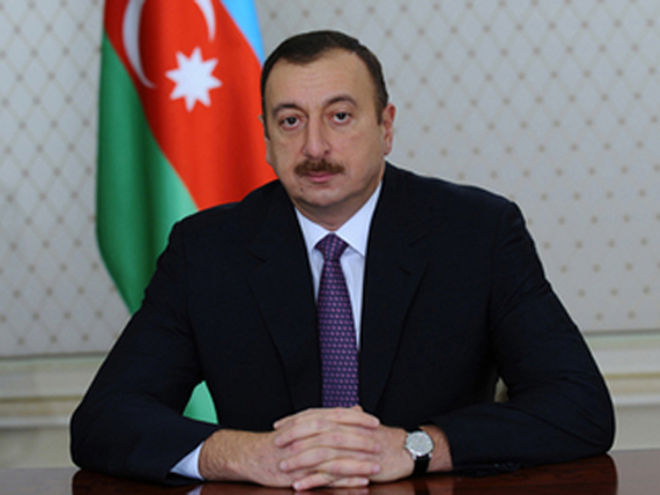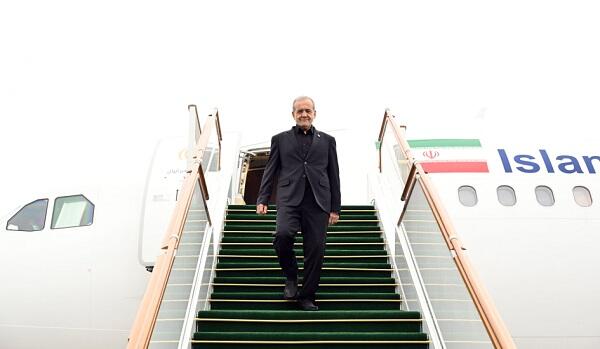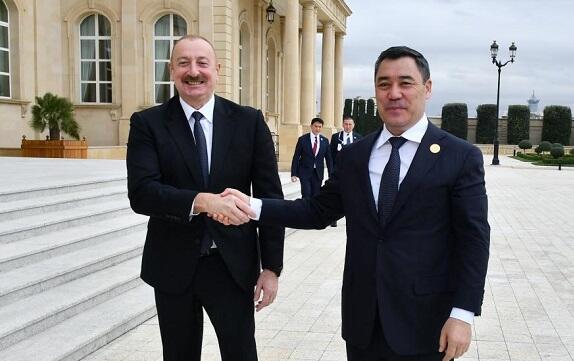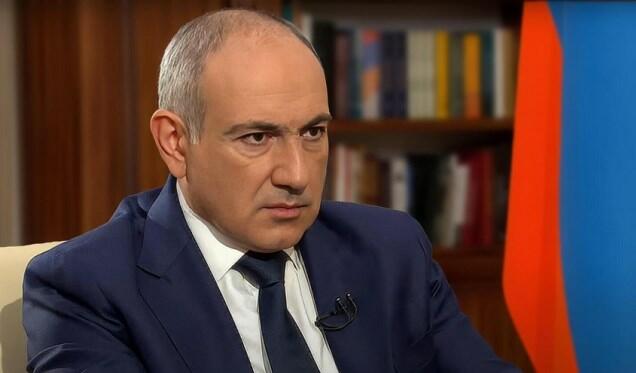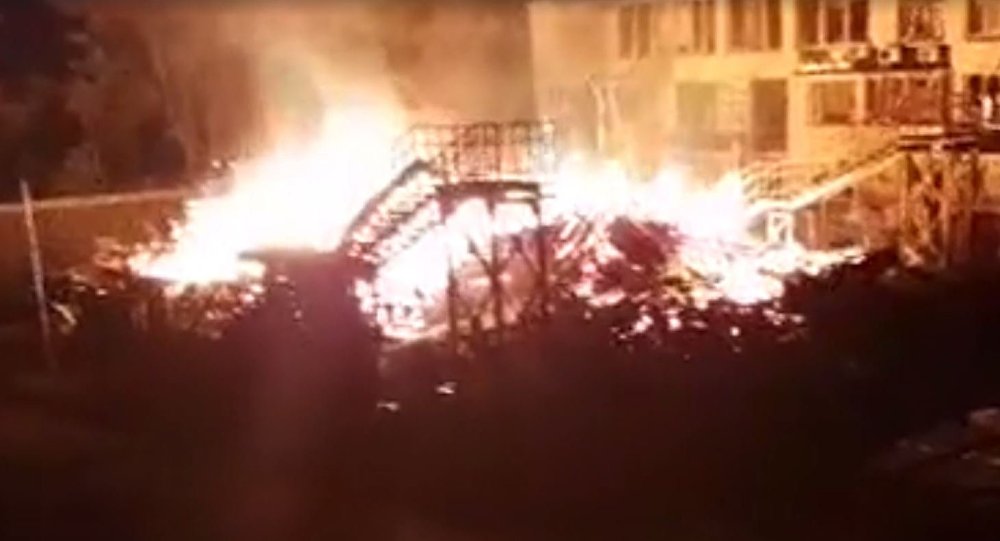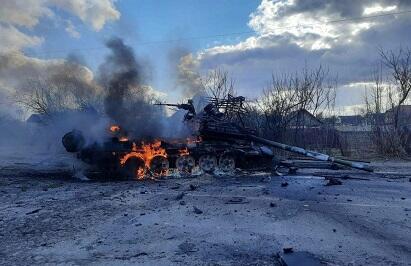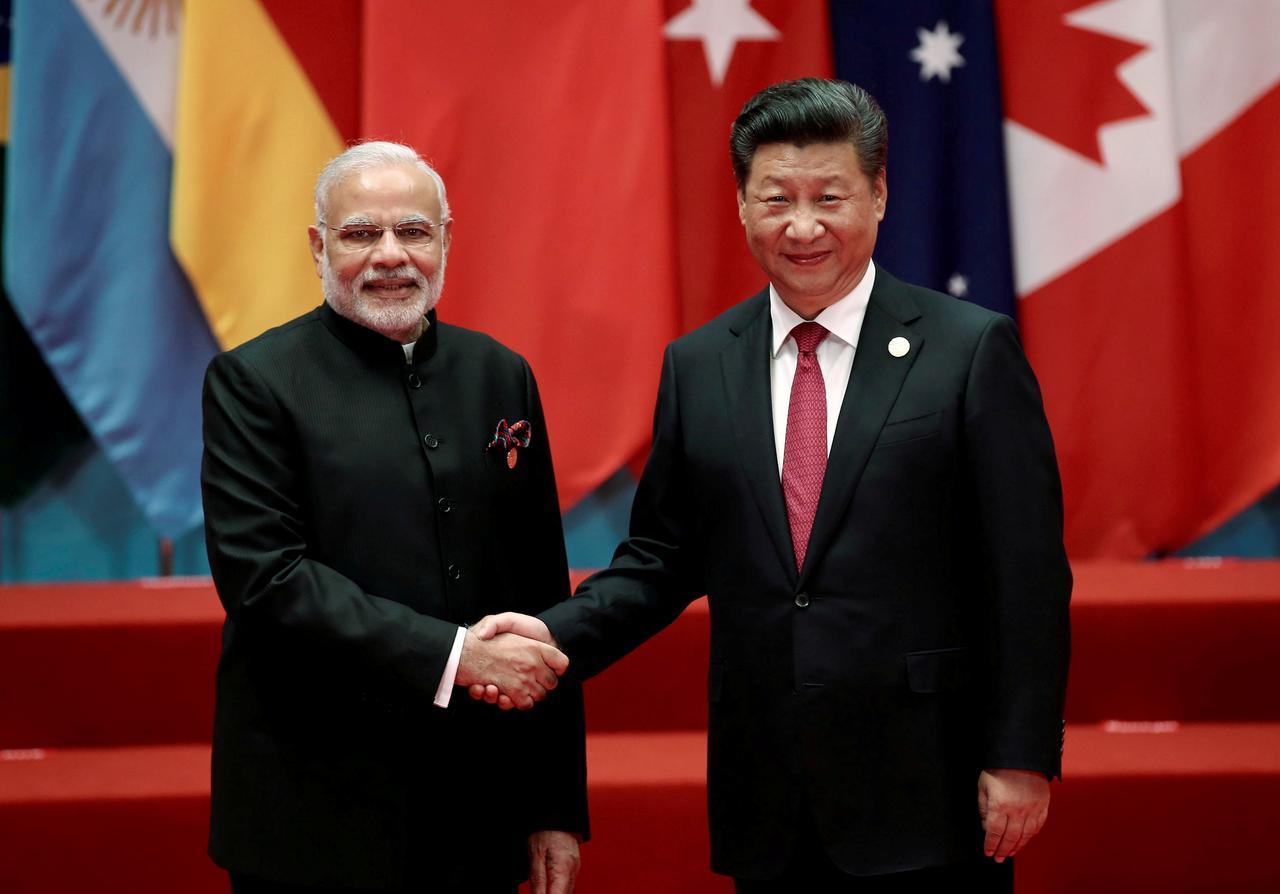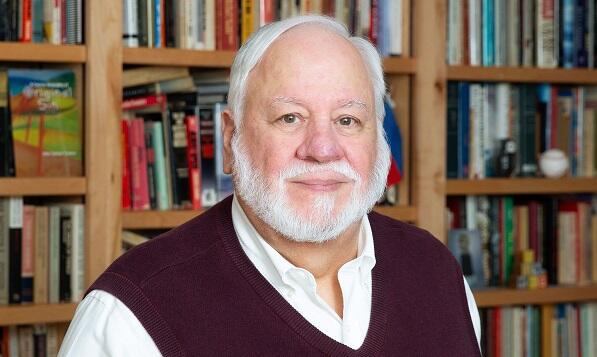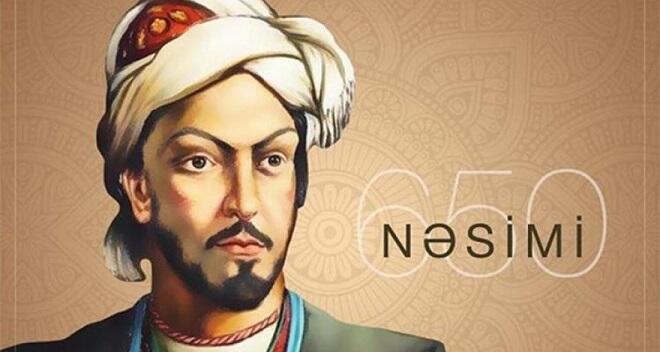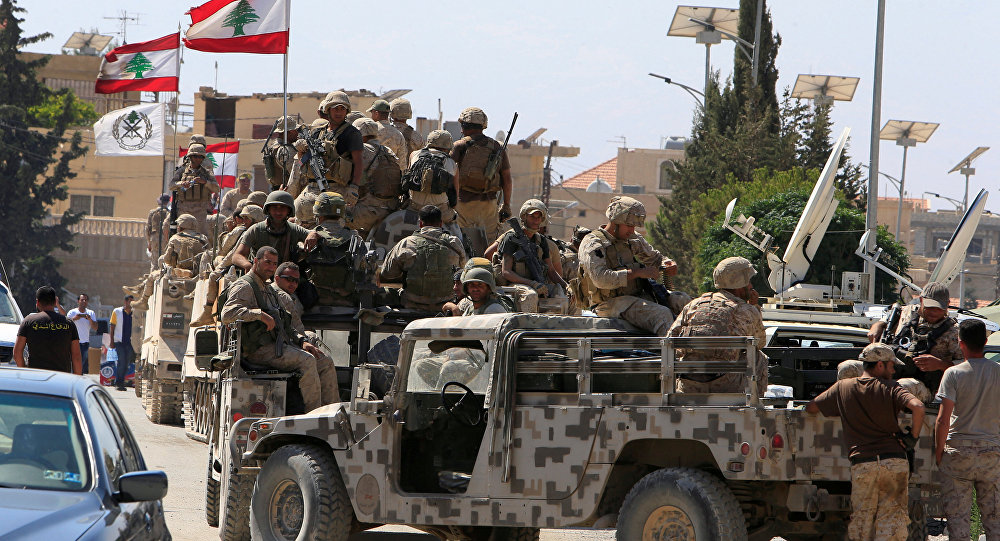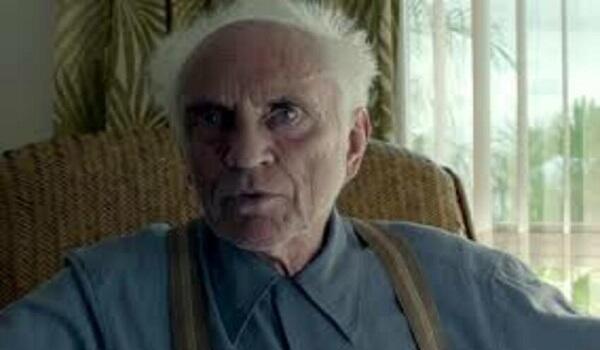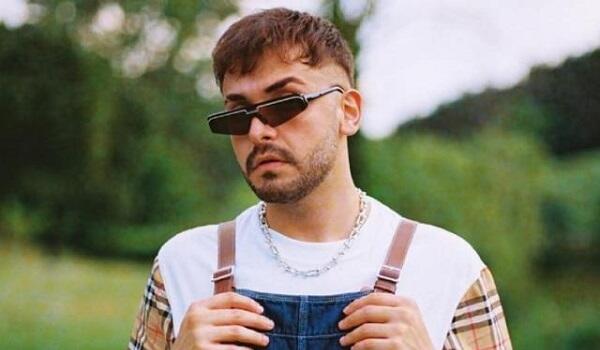Axar.az presents an article “All Politics Is Relationship” by John Samuel Tieman.
I meet the most interesting people. I often meet folks at a local restaurant, one with an outdoor patio. I like the patio. It feels both public and intimate.
There are many ways to define politics, but any definition begins with a relationship. I work at the most intimate level of the democratic republic. I am a city council member. Every constituent I meet is a neighbor. We share a zip code, 63130, University City, Missouri.
I hate the way we use the word “politics”. Think of its etymology. “Polis”, the Ancient Greek, does not refer to corruption, division, competition, or political parties. It refers to the whole of us, a relationship that expresses itself in the affairs of the community. When problems arise, when issues need to be addressed, politics is about discussion, dialogue, and compromise. It is not about obstruction, cynicism, and violence. Politics is about the we-ness of the community. Politics is about a commonwealth that we value more than we value winning this or that in the immediate. Politics, in short, is communal dialogue. This is not to say there is no conflict. On the contrary. It is to say that politics is we-ness, and we-ness is a dialogue that includes all manner of shared words and symbols. The common good, the we-ness, the dialogue – that's the win. Tip O'Neill had it right, “All politics is local.” I would add this. Maybe 90% of all politics is municipal. So 90% of all politics begins with a city council member sitting with a neighbor on the patio of a local restaurant and figuring things out. All politics is local, and all local politics is intimate.
Here's my rule. A lot of politicians begin with this question, “How do we fix this?' That's a perfectly reasonable approach. My rule, however, is that there is this fundamental question. “How am I related to __________ ?” How we fix immigration is a necessary approach. But perhaps we should first begin by asking, How am I related to the immigrant? I'm not advocating open borders. I am advocating an open heart and an open mind.
American history continues to redefine and expand “all men are created equal.” We continually ask a question both complex and straightforward. Can we envision a community that rises to the challenge of relationship with all kinds of folks? There is so much that divides us today, despair, cynicism, nationalism, racism, fear, and mistrust coupled with threats that result in cruelty. To consider and reconsider “all men are created equal” is to consider the embrace of fairness. It is to define and redefine an ethic of solidarity and cooperation in service to a future shaped by interdependence and shared responsibility.
The United States is strong, first and foremost, because we are united. In the ideal, we see little benefit in division. Cynicism, racism and nationalism, to embrace these is to work to further the cut-off. That's one choice. Or do we work to further our relationship, our knowledge of the other? If you are white, how do you relate to those neighbors who are Black? If you're Christian, how do you relate to Muslims? Jews? Hindus? And so on. How do you relate to someone you see as profoundly different?
Let's apply this to a single issue. How am I related to the environment? I raise this question because, yes, there is an environmental crisis that demands a solution, perhaps a great many solutions. But there is herein a question of relationship. The ultimate relationship with the environment is not simply in us. Rather, it is a relationship that honors interdependence. The wretchedness with which we treat the environment is, yes, a wretchedness with which we treat plants and animals and oceans and so forth. That same wretchedness shows in the way we treat each other. There is no such thing as a relationship that belongs to us alone. When you pollute the air, you pollute everyone's air. And when I say 'everyone', I mean plants and animals as well as your neighbor down the block.
I can't say this enough – Local government is the most intimate level of the democratic republic. Because of this, after a year on the City Council, I have learned that, in order to be successful, meaning in order to be of true service, any politician or civil servant must be skilled in the objective tasks of good government, and skilled in the intimate tasks of a good neighbor.
Americans today, we are a selfish people. To borrow from F. Scott Fitzgerald, we are a “careless people”. We smash up things, smash up creatures, smash up the environment, smash up people, then retreat back into our vast selfishness, or our vast carelessness, and never bother to clean up the mess. We are no longer a united people. Indeed, we are a broken people. A broken people in need of repairing our relationships.
